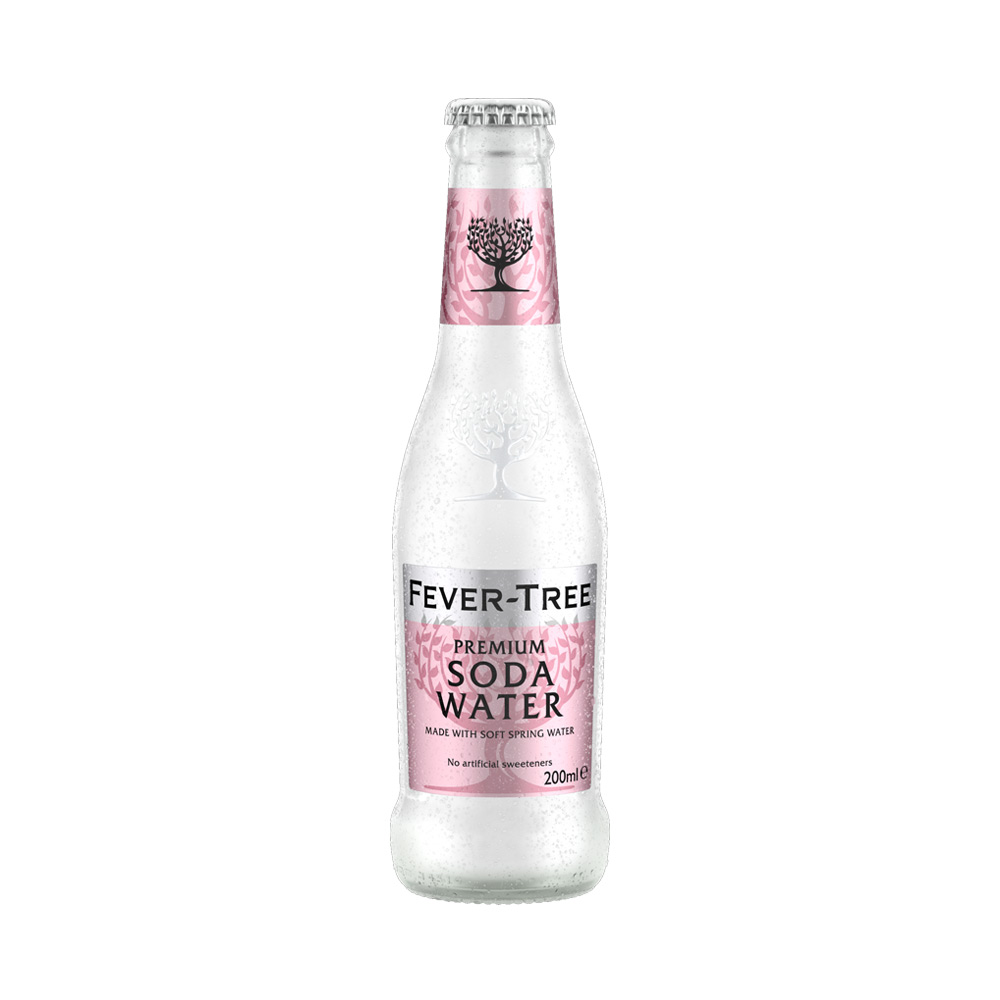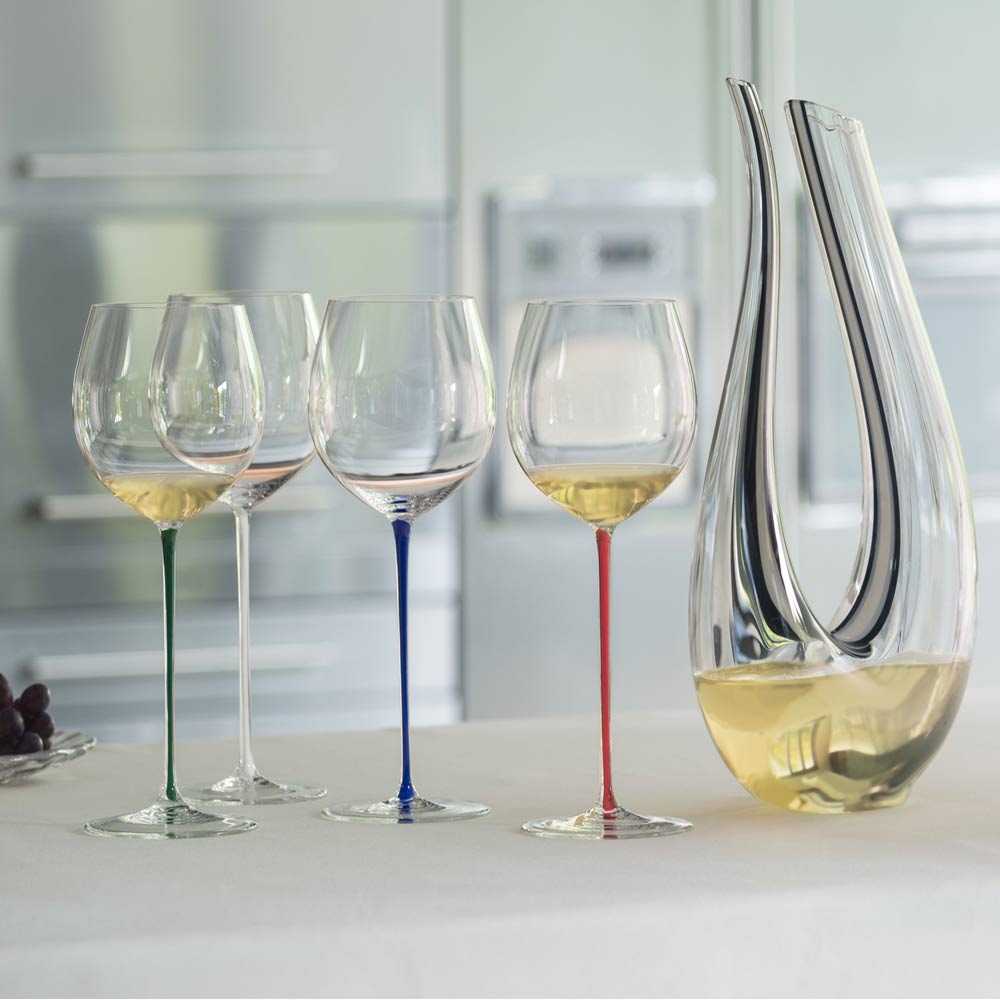Whisky
A Guide To Whisky Terms Everyone Should Know
If you’re not too familiar with the nuances of whiskey buying and don’t know where to start, fear not, we’re here to help you get indoctrinated. It’s not too complex to start treading the path of whiskey appreciation, and of course, with more time and more sampling, your knowledge will only improve.
Buying whisky online in Hong Kong is easy, and very popular, but understanding the language undoubtedly helps when talking whiskey.
Ever heard of ‘sláinte’ or ‘wort’ or ‘grist’ or ‘butt’ in context of whisky? You might not give a ‘dram’, but in case you do, here are some of them – from the obvious ones to some niche scotch slangs – for you to learn.
- Whisky or Whiskey?
Occasionally you’ll see one instead of the other and wonder if you’ve been spelling it wrong all along. There is a difference, and while it will impress true aficionados if you know the difference, it’s nothing to lose sleep over.Simplified, it’s spelled ‘whiskey’ in USA & Ireland, and ‘whisky’ in Scotland, Canada and most other parts of the world. The regional differences in spelling are largely a result of how whisk(e)y gained popularity in those regions.Scotch is a ‘whisky’. A bottle of whisky cannot be called a scotch unless it is produced and bottled in Scotland in entirety. - Dram:
A very English term you will hear in Scotland (and also in spirit serving taverns!), it is technically a measure of scotch – precisely one-eighth of a fluid ounce.Although, nobody normally knows how much is a dram but it is roughly taken as the ‘amount of whisky one can gulp in one mouthful’. Sounds good enough for a measure, doesn’t it? - Malt
It is the grain that is sprouted and then toasted to prevent it from growing into a plant.Fun fact: no malted barley, no malt whisky! Single malt scotches are made only from 100% malted barley which is malted, milled & mashed only at a single distillery in Scotland. - Proof
It is the amount of alcohol present in a certain volume of liquid. Proof of whisky is 1.75 times the alcohol by volume (ABV) in the U.K. and twice the ABV in the U.S. - Cask Strength
Proof of the barrel from which the whisky was bottled. Note that the terms ‘cask’ and ‘barrel’ are synonymous. Moreover, a barrel in Scotland must be legally made from oak. - Cooper
Usually a traditional vocation handed down from generation to generation, a cooper is a man who builds the wooden barrels in which the whisky is to be matured. - Cooperage
Maturing the whisky in oak barrels made by the cooper is termed cooperage. During cooperage, the oxidization & extraction of whisky in tandem with the barrel imparts to it 70-80% of its flavor. American bourbons, ryes and whiskies typically use new barrels while other malt whiskies use secondhand American or Sherry casks. - Neat
This is when whiskey, aka acqua vitae or ‘water of life’, is served as is. In other words, without any diluters like water or ice (aka ‘rocks’ in liquor lingo). There, it is explained quite neatly now! - Wort:
It is the sugary liquid from the mash tun (used for mixing ground malt with temperature controlled water) & is later combined with yeast for its fermentation before being added to pot stills for distillation. - Grist:
It is the flour made from malted barley which is later on mixed with water to create the mash.
Craft of Whisky Making Glossary
- Angel’s Share:
During maturation, the amount of whisky that evaporates from the cask (approximately 2% per year) is known as the Angel’s Share.Any loss of whisky has nothing divine about it to be called ‘angel’s share’, but no complaints! - Ullage:
Similar to the angel’s share, it is a measure of the gap between the top of the vessel and the upper surface of the liquid in it. - Devil’s Share:
It is the amount of whisky soaked up by the wood during its maturation (an uncommon term as compared to Angel’s Share). Basically, you can do nothing about angels and devils partaking in your whisky! - Maturation:
Ageing the whisky is termed as maturation. Factually speaking, a scotch is aged for at least 3 years within Scotland but actually, whiskies are allowed to slumber longer than that before they get bottled. - Peat:
It is the decayed biomass compressed over a long time that create an earthy smoke when burnt. - Butt:
A ‘butt’ is just a big cask that holds approximately 500 liters of the spirit. - Char:
Light up a barrel and you get a char. Sounds too simplistic? Well, the barrel might only be exposed to flames for 15 seconds to 1 minutes and that makes all the difference to the oxidation and extraction of whisky with the barrel. In simple terms, when you change the chemical makeup of the cask, you alter the make of whisky it holds. - Hoggie:
Slang for ‘Hogshead’, it is a type of cask that is bigger than its American counterpart by around 50 liters (like 250 vs 200 liters). A normal cask is enlarged by adding additional wooden staves. Larger the cask, more whisky it can accommodate for maturation. - New Make:
Extremely high proof (120 and above) whisky running straight off the copper still during distillation. Not a scotch yet though! - Peat Bomb:
The all smoky peat fire used in the barley drying process, essential to peated whisky - Virgin Cask:
Brand new barrel that has never been used to mature whisky before. American bourbons mature in such casks while the Scottish counterparts eagerly look forward to slumber in ex-bourbon barrels for maturation. - Expression:
Different ‘versions’ of whiskys by the same producer/brand. For instance, The Macallan’s signature 18 year old expression or Johnnie Walker’s expressions like Red Label, Blue Label or Black Label. Some expressions are just marketing gimmicks, while others have noticeable differences.
When Giving Your Two Cents on the Dram…
If you have stuck with us till now, you really are high-proof material, aren’t you? Let’s keep going:
- Balanced:
A whisky is said to be balanced when its flavors blend well and none of them is competing over the other on your palate. Consider it whisky equity. - Blended Grain:
It is a single grain scotch from two or more distilleries. - Finish:
One of the benchmarks of a whisky’s quality, finish is how the whisky lingers in the mouth after swallowing. - Legs:
Pour some whisky in a glass. Sip it or swirl it and observe how the spirit gently rolls back into the base of the glass. This rolling back spirit drops are called legs. Slowly running legs are textural in the mouth while the quicker ones are less textured. Get accustomed to those legs! - Warm:
A whisky is considered warm if sipping it instills a warmth in your mouth as if the whisky was heated before consumption. Sounds like the perfect wintry delight! - ABV (Alcohol By Volume):
ABV is the measure of the percentage of alcohol in spirits. No rocket science there… Coming fresh off the still, new make spirits have an average 68% ABV. In case of whisky, ABV is reduced with water to the desired level (40-43% ABV). - Speyside:
Another must know term! It is the largest & most reputed whisky distilling region of Scotland. You can swear by it & others would only appreciate your taste! - Bodega:
Technically, it is a warehouse in which Spanish Sherry is matured. Bodega refers to a company that produces Sherry in some way. But how is it related to whisky? Well, ex-sherry casks are coveted costly casks in which a relatively small proportion of whisky is matured. If you get to behold a blood-red bottle of scotch, it is extremely likely that it was matured in an ex-sherry cask. - Extraction:
The process of the whisky extracting traits from the barrel in which it is aged is called extraction. - Sláinte:
It is Gaelic for ‘life’ and pronounced as ‘slange’. Although, it has a greater recognition with shouted toasting with wide ranging degree of phonetics while relishes a dram or more!
So, there ends the little primer into the language of whisky. Any language is learnt fast when spoken regularly … & faster when you converse in it with others who are like-minded!
What are you waiting for? Take out your glasses, pour some whisky and start practicing the language of every true whisky connoisseur.
If you are in want of whisky help, you will be glad to know that Liquidz – the online Hong Kong whisky shop – curates a diverse collection of world renowned award winning whiskies and also specializes in online alcohol delivery. The sheer diversity of our Scottish whisky brands will make your mouth go dry for some dram!
Get your scotches delivered & gather your buddies.
Keep it flowing!







